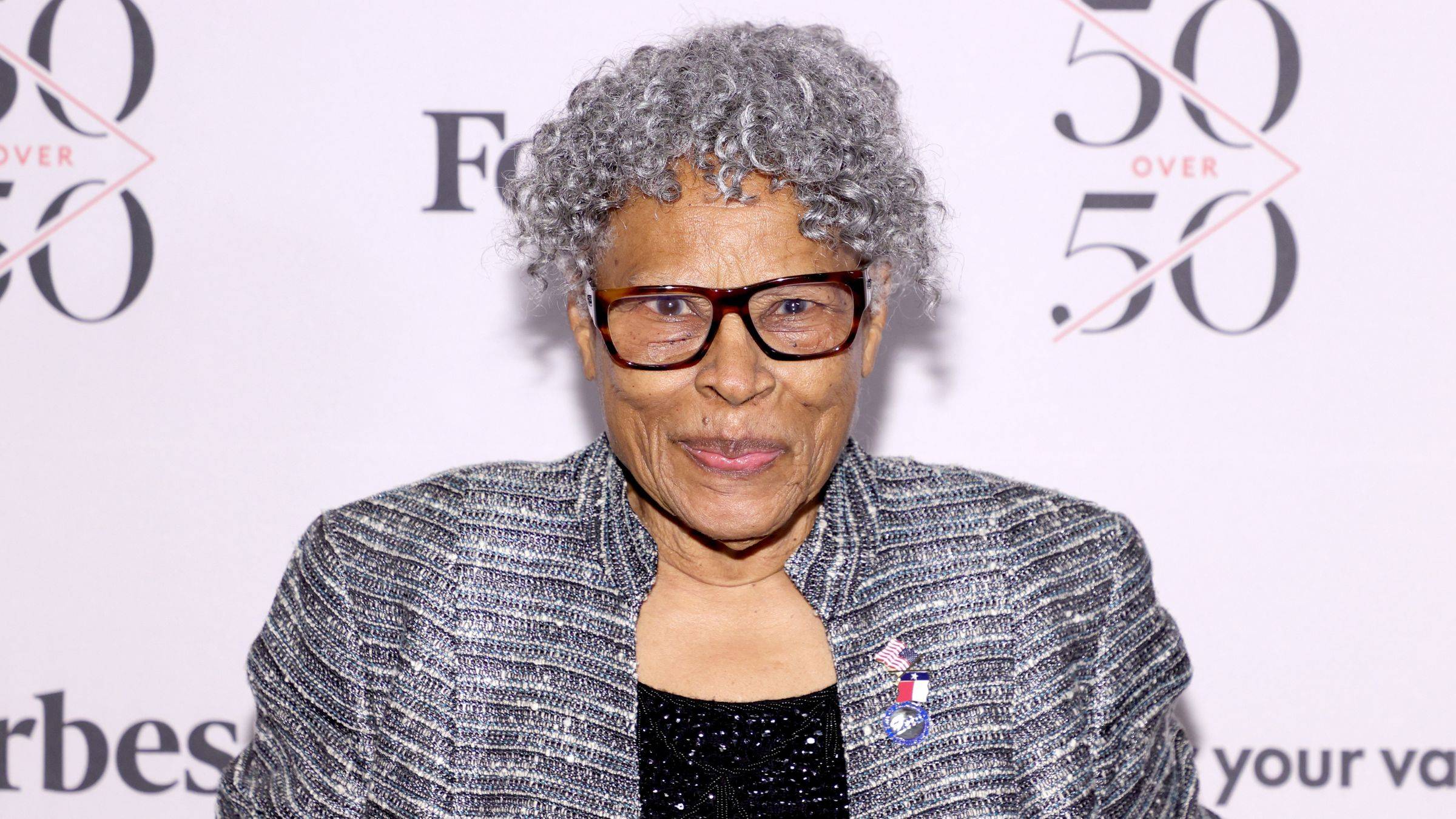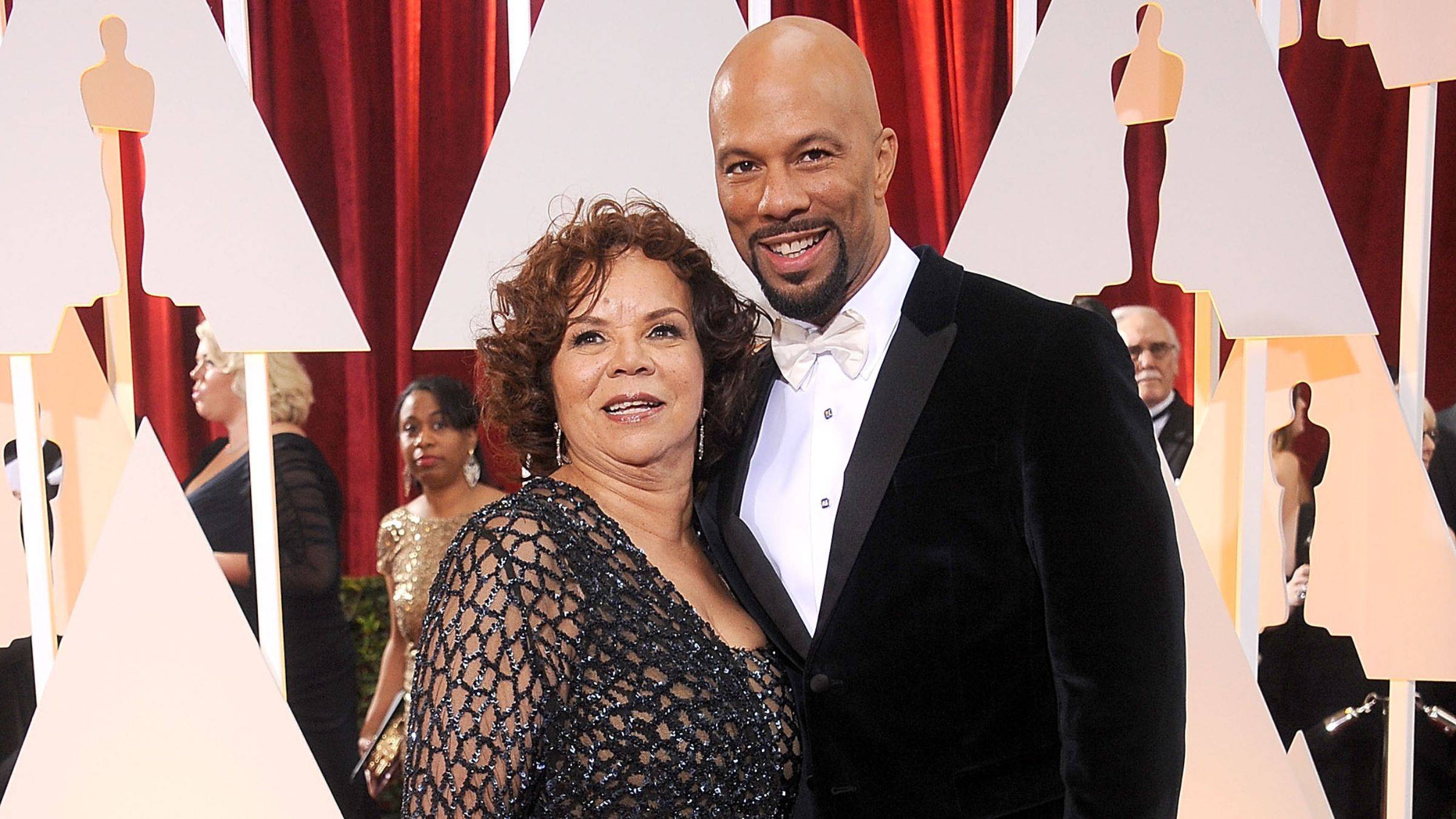Despite Wealth and Success, Discrimination And Depression Affect Black Men and Boys

Black men and boys face underlying, and often overlooked, societal challenges unique to them and that includes those who have achieved wealth and success, new research from two social scholars points out.
A series of six studies, featured on the nonprofit news website The Conversation shows that Black men can face depression, which could come from discrimination despite being successful. They also show that Black men and boys can not only be victims of racism but can also be targeted just for being Black males.
The research was conducted by Shervin Assari, Associate Professor of Family Medicine, Charles R. Drew University of Medicine and Science; and T.J. Curry, Professor of Philosophy, Personal Chair of Africana Philosophy & Black Male Studies at the University of Edinburgh.
In one study, Assari and Curry's results showed that Black boys who came from the wealthiest families were the most depressed. In a second, in which Blacks and whites were followed for 25 years higher education was associated with an increase in depressive symptoms. In a third, that showed a nationally representative sample of adults in the U.S., Black men with the highest incomes were most at risk for depression.
Another study that took place in Flint, Michigan that followed Black 700 adolescents from 1994 to 2012, showed discrimination during those years of their lives was a predictor of symptoms of depression as they became adults. This was true for Black males, but not Black females.
In that same study, fear of crime and violence was also linked to depressive symptoms, again for Black males, but not Black females.
Also, their research showed that implicit bias, or having stereotypes or prejudices against others subconsciously, was more common against Black people for white men than it is for white women. This was from a study of 444,000 implicit association tests (IAT) given by Harvard University.
Assari and Curry also cited other studies that pointed out ways discrimination affects Black men and boys particularly; how the criminal justice system metes out punishment differently for them than others; and even how discrimination can determine their attitudes toward education.
“Together, these studies provide a disturbing picture of the challenges that Black males face. And, they show the burden that Black men bear when some whites wonder ‘What’s the big deal? Racism was 150 years ago,’ “ the scholars write. “What ended 150 years ago was slavery, not racism, and our research suggests that Black men experience this racism in distinct ways.”
They continue: “We believe solutions are based not just on renaming streets but to acknowledge, without blaming Black men, how discrimination contributes to blocked opportunities, the lack of jobs and the use of lethal aggression against their group.”
Read more of Assari and Curry’s conclusions here.





